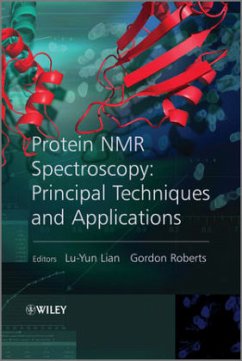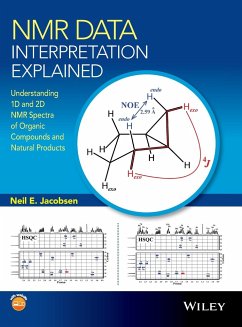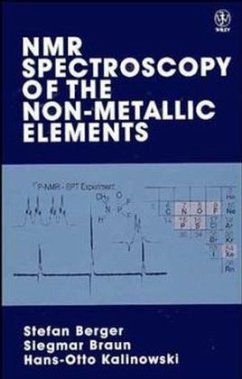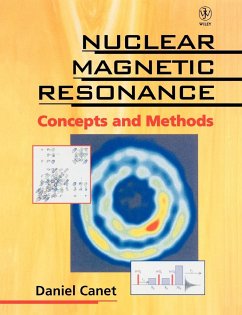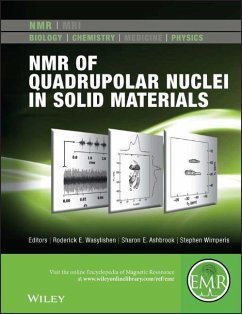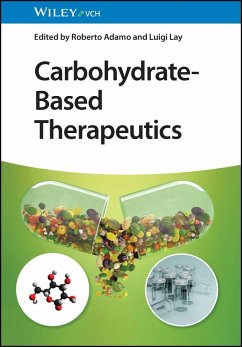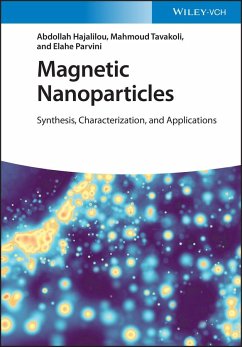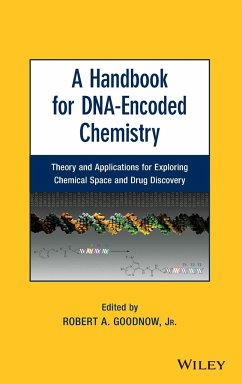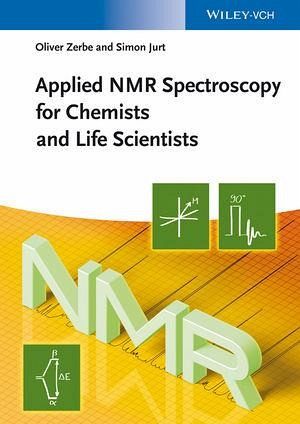
Applied NMR Spectroscopy for Chemists and Life Scientists

PAYBACK Punkte
24 °P sammeln!
From complex structure elucidation to biomolecular interactions - this applicationoriented textbook covers both theory and practice of modern NMR applications.Part one sets the stage with a general description of NMR introducing important parameters such as the chemical shift and scalar or dipolar couplings. Part two describes the theory behind NMR, providing a profound understanding of the involved spin physics, deliberately kept shorter than in other NMR textbooks, and without a rigorous mathematical treatment of all the physico-chemical computations. Part three discusses technical and pract...
From complex structure elucidation to biomolecular interactions - this applicationoriented textbook covers both theory and practice of modern NMR applications.
Part one sets the stage with a general description of NMR introducing important parameters such as the chemical shift and scalar or dipolar couplings. Part two describes the theory behind NMR, providing a profound understanding of the involved spin physics, deliberately kept shorter than in other NMR textbooks, and without a rigorous mathematical treatment of all the physico-chemical computations. Part three discusses technical and practical aspects of how to use NMR. Important phenomena such as relaxation, exchange, or the nuclear Overhauser effects and the methods of modern NMR spectroscopy including multidimensional experiments, solid state NMR, and the measurement of molecular interactions are the subject of part four. The final part explains the use of NMR for the structure determination of selected classes of complex biomolecules, from steroids to peptides or proteins, nucleic acids, and carbohydrates.
For chemists as well as users of NMR technology in the biological sciences.
Part one sets the stage with a general description of NMR introducing important parameters such as the chemical shift and scalar or dipolar couplings. Part two describes the theory behind NMR, providing a profound understanding of the involved spin physics, deliberately kept shorter than in other NMR textbooks, and without a rigorous mathematical treatment of all the physico-chemical computations. Part three discusses technical and practical aspects of how to use NMR. Important phenomena such as relaxation, exchange, or the nuclear Overhauser effects and the methods of modern NMR spectroscopy including multidimensional experiments, solid state NMR, and the measurement of molecular interactions are the subject of part four. The final part explains the use of NMR for the structure determination of selected classes of complex biomolecules, from steroids to peptides or proteins, nucleic acids, and carbohydrates.
For chemists as well as users of NMR technology in the biological sciences.




